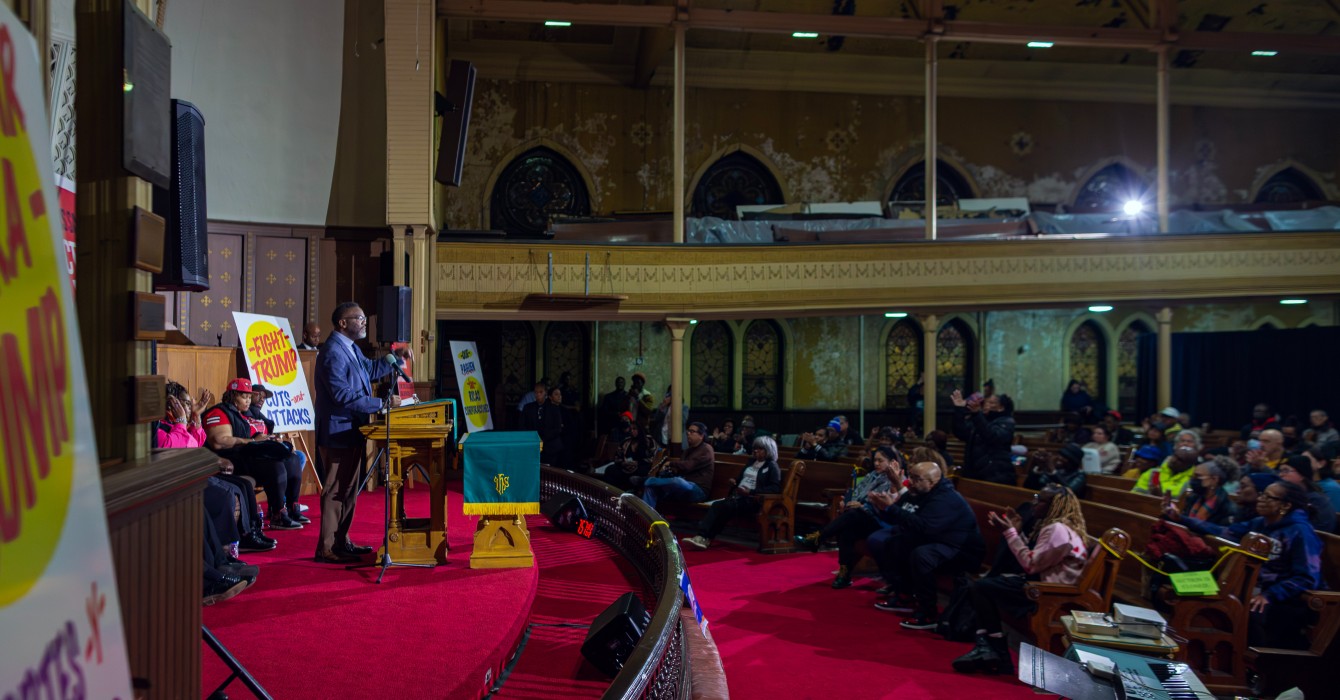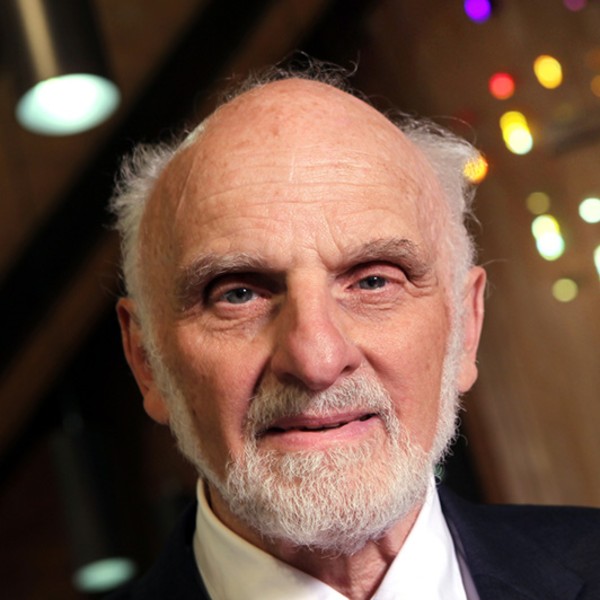What patterns of education and formation will be most fruitful in forming wise leaders of Christian institutions in the volatile, uncertain, complex and ambiguous (VUCA) world in which we live? Are new practices and organizations needed to help form such leaders? What long-term strategies are needed to complement short-term “training” in practices and virtues that can help reorient current and emerging leaders?
We live in an era of deep interconnectedness that requires effective leaders to engage “wicked” problems and cultivate intrinsic partnerships across institutions. To do so, leaders of Christian institutions must cultivate a “seventh sense,” which involves a process of learning intuition.
Unfortunately, our patterns of education and formation have not adapted quickly or well to the circumstances of a VUCA world. Three strategies are essential to beginning the long work of forming wise, “keystone” leaders for Christian institutions.
The first is to return to basics. We need new patterns of traditioning for Christians to become capable of wise judgment regardless of the vocations they may enter and the leadership they provide. These new patterns are actually a recovery of older ones that focus on nurturing people in practical wisdom. This is about helping people discover holistic judgment through forming our thinking, feeling, perceiving and acting in virtuous ways.
By “return to basics,” I am suggesting both that we return to key insights that have been at the core of education and formation for centuries and that we begin with the youngest of children. This is not just about what happens in college or graduate school, much less in executive education programs for practicing professionals. It is more akin to practicing scales and drilling etudes in learning to play the piano, or being tutored in the Lord’s Prayer and the Apostles’ Creed, singing songs of the faith, and engaging in discipleship in learning to live as a Christian. A return to basics involves routines that become part of the background of our lives.
Character formation begins in families and churches and ought to be cultivated in K-12 schools and nurtured through the learning of arts, music and athletics. These contexts are central to learning and practicing virtues that form wise judgment. The Jubilee Centre in the U.K. has developed some insightful and innovative approaches for this kind of character education in public K-12 schools, where nothing explicitly Christian is presumed. Christian schooling -- and, more broadly, the work of Christian institutions -- ought to be a laboratory for deeper and more explicit attention to formation in character and the development of capacities for wise judgment.
Second, this traditioning needs to nurture innovation. A central practice of such traditioned innovation is to cultivate unlikely friendships. These friendships broaden us even as we are simultaneously probing deeper into our own traditions. Friendship, in this sense, is with people as well as ideas and ways of approaching problems. Too often, our images of “traditioning” and “forming character” invite a retreat into homogenous environments -- cultural as well as intellectual. Deep traditioning in particular commitments and practices is crucial, yet so also is the hospitable curiosity that leads people to discover innovative ways of extending core insights to propose generative, innovative solutions.
Musical composers typically master a particular instrument while also embarking on a journey of learning the capabilities and limitations of other instruments that will be a part of the score. In addition, they may explore and incorporate the styles and repertoires of people from other cultures and musical commitments. So too in Christian leadership: we need to nurture expertise in our own capacities while simultaneously cultivating the capacities to compose or perform with a wide variety of people and institutions.
The third strategy for forming keystone leaders for Christian institutions is to develop pattern recognitions of why diverse organizations in any ecosystem are crucial to any one organization’s survival. How can we learn to do this? In addition to the suggestions I offered in “Learning Intuition,” we can nurture “friendships” with different types of organizations. This means spending time with them, learning how they operate and where their strengths and blind spots are, and discovering ways to encourage mutual flourishing among organizations. As with personal friendships, institutional friendships involve an empathetic attempt to see others from within their own perspectives.
This can be challenging even when different institutions operate within a similar landscape, such as colleges or seminaries and congregations within a denominational ecosystem. It is even more complicated when the keystone role invites an institution such as a university to engage in intrinsic partnerships with businesses or NGOs. The relationships take time, and will involve significant investments in learning about and from one another to strengthen the long-term relationships that enable the whole ecosystem to flourish.
Undertaking these strategies will require higher levels of intentionality among existing institutions in how we prepare people for transformational leadership. It will require new structures and programs, both in educational institutions and beyond them. And it will require existing leaders to adjust their patterns both to implement these strategies for themselves and to create the conditions for others to do so. The challenges are daunting, but so also are the opportunities.








